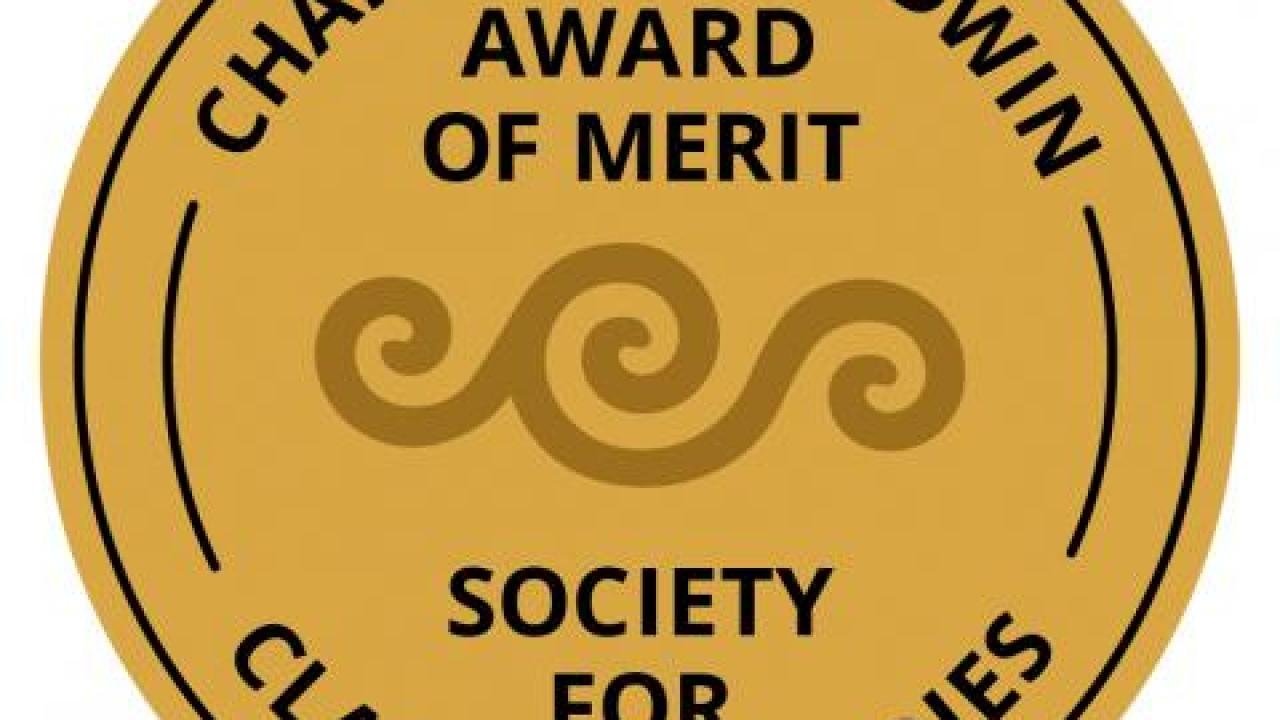
Colin Webster awarded 2024 Charles J. Goodwin Award of Merit

The C. J. Goodwin Award of Merit Committee is delighted to announce the three recipients of the 2024 Charles J. Goodwin Award of Merit. The Goodwin Awards honor outstanding contributions to classical scholarship by members of the Society. This year’s awardees includes UC Davis Classics faculty member Colin Webster. His full award citation is below.
Citation for Colin Webster, Tools and the Organism: Technology and the Body in Ancient Greek and Roman Medicine (Chicago and London: The University of Chicago Press, 2023)
Anyone fortunate enough to have access to medical care in today’s world cannot fail to recognize the benefits brought by rapid technological advancements from one decade to the next in the modern history of medicine. Whether in the form of instruments and machines or processes and practices, technology is a dynamic work-in-progress that continuously aims at refinement and adjustment so as to find innovative methodologies that improve treatment outcomes; our understanding of the human body both informs the development of new technologies and is enhanced by those discoveries.
How, then, did ancient conceptualizations of the body relate to technological advancement in the first centuries of Greco-Roman medical inquiry? In broaching this fundamental question from a large variety of perspectives that move from the 5th-century BCE to the 2nd-century CE, Colin Webster offers a strikingly original analysis of this correlation between the human organism and the tools applied to its medical surveillance and maintenance. Rather than charting a straightforward history of technological innovation from Hippocrates to Galen, Webster’s book focuses intently on the inseparability of somatic conceptualizations on the one hand and, on the other, technological development and improvisation. Viewed as an organism made up of tool-like parts (organa), the ancient body was made susceptible to re-interpretation as a technological entity that was itself analyzable in terms of artificial innovation: the human hand, say, was pre-designed to hold the medical tool that served the body.
In this fusion of narratives of corporeality and technology, Webster’s six main chapters range impressively over a vast amount of textual and material evidence to weave a compelling narrative from many disparate parts. Webster’s book builds on important landmarks in recent scholarship on Greco-Roman medicine, but its theorization of the technological properties of the ancient body makes it a highly distinctive contribution to this field of study. His achievement rests on an imaginative vision of macro-developments in ancient medical/technological culture, his mastery of the copious textual sources on which he draws, and the control with which he coordinates the many interactive parts in the anatomy of his book. Tools and the Organism offers an inspiring example of just how inventive classical scholarship can be in experimenting with novel approaches to established forms of critical discourse. The Goodwin Award Committee therefore takes great pride in honoring Colin Webster on this outstanding accomplishment.
